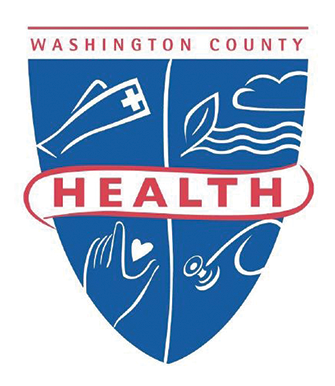What is Swine Influenza?
Swine influenza (swine flu) is a respiratory disease of pigs caused by type A influenza viruses that regularly cause outbreaks of influenza in pigs.
Can humans be infected with swine influenza viruses?
Yes. Swine flu viruses do not normally infect humans, however, sporadic human infections with influenza viruses that normally infect swine have occurred. When this happens, these viruses are called “variant viruses.” Most commonly, human infections with variant viruses have occurred in people exposed to infected pigs (e.g., children near pigs at a fair or workers in the swine industry).
Graphic: Flu Can Spread Between Pigs and People
What symptoms do people have when they are infected with variant viruses?
People who have been infected with variant viruses have had symptoms similar to the symptoms of regular human seasonal influenza. These include fever, lethargy, lack of appetite and coughing. Some people also have reported runny nose, sore throat, eye irritation, nausea, vomiting and diarrhea.
Swine influenza has not been shown to be transmissible to people through eating properly handled and prepared pork (pig meat) or other products derived from pigs.
CDC Recommendations for People with High Risk Factors:
- Anyone who is at high risk of serious flu complications planning to attend a setting where pigs will be present should avoid pigs and swine barns.
CDC Recommendations for People Not at High Risk:
- Don’t take food or drink into pig areas; don’t eat, drink or put anything in your mouth in pig areas.
- Don’t take toys, pacifiers, cups, baby bottles, strollers, or similar items into pig areas.
- Avoid close contact with pigs that look or act ill.
- Wash your hands often with soap and running water before and after exposure to pigs. If soap and water are not available, use an alcohol-based hand rub.
- Avoid contact with pigs if you have flu symptoms. Wait to have contact with pigs until 7 days after your illness started or until you have been without fever for 24 hours without the use of fever-reducing medications, whichever is longer. If you must have contact with pigs while you are sick, take the protective actions listed above.
For more Information:

